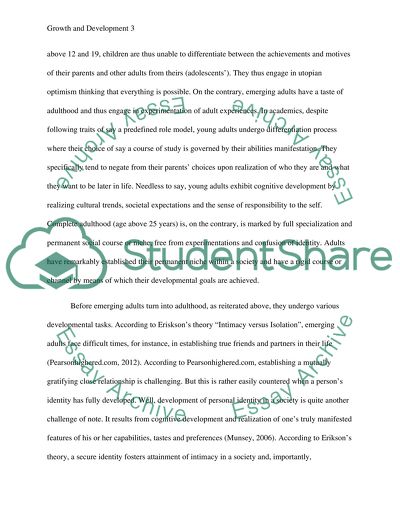Cite this document
(“Emerging Adulthood Essay Example | Topics and Well Written Essays - 1000 words”, n.d.)
Retrieved from https://studentshare.org/miscellaneous/1606025-emerging-adulthood
Retrieved from https://studentshare.org/miscellaneous/1606025-emerging-adulthood
(Emerging Adulthood Essay Example | Topics and Well Written Essays - 1000 Words)
https://studentshare.org/miscellaneous/1606025-emerging-adulthood.
https://studentshare.org/miscellaneous/1606025-emerging-adulthood.
“Emerging Adulthood Essay Example | Topics and Well Written Essays - 1000 Words”, n.d. https://studentshare.org/miscellaneous/1606025-emerging-adulthood.


